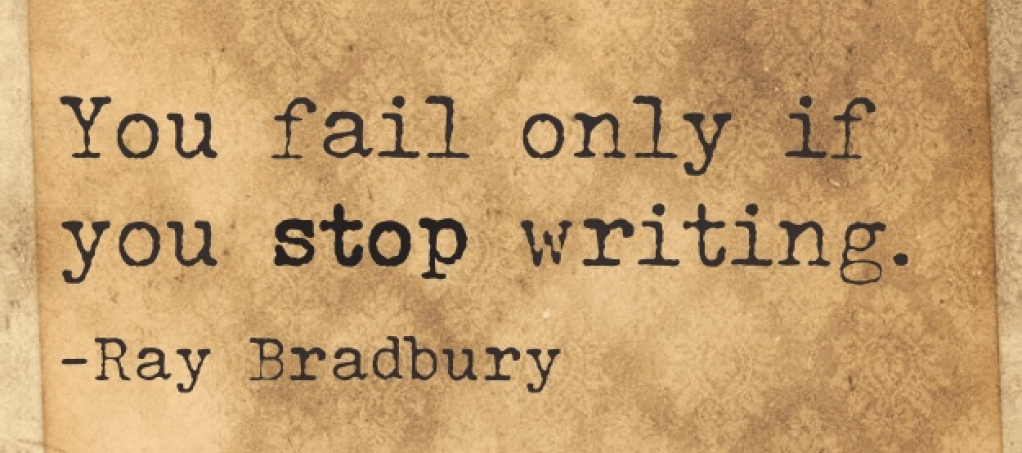My 11-year-old son is a ball player. Baseball is in his blood. He loves everything about it–playing third base, staring down the pitcher at the plate, the camaraderie.
But game days are a different story.
Last week, Game One finally arrived. He woke up nervous, fearful of what was to come and already feeling the pressure. The pressure he puts on himself.
That first game was just like the others. The closer we got to the field, the quieter he became in the car. When we parked, he got out, grabbed his bag from the trunk, and hurried off to the dugout without a word to any of us. My husband and I were lucky to get a head nod. He was already inside his head, and he stayed there the entire game.
Now, I’ve seen my son practice. He is an impressive third baseman, and makes contact with the ball often. Last year, however, he had only one hit, and that was in his first game. After that, it was either a walk or strike out. His level swings I’d see at practice disappeared during the game. The more often this happened, the more he thought he was a failure. He saw his ability in all the games played, not the practice he did during the week. He didn’t see the growth and progress his coaches saw.
As we drove home from Game One in tense silence, I couldn’t help but be reminded of my student writers.
My students are all writers. Some, however, don’t believe it. They’ve heard, year after year, words like “struggling” or “weak” and they begin to think just that. By the time they get to my class in 9th or even 12th grade, it can takes months to change those negative thoughts.
Last September, they came into class nervous, fearful of what I would ask of them. The classroom was a playing field with an audience–a teacher–that could judge them.
To students, the first bit of writing they did felt no different from years past. As I walked the room, I watched hands cover papers and eyes look down. They were inside their heads, remembering times when their work was deemed subpar.
But with time, there were bits of progress. Writing volume began to increase on each page. More voices spoke up during sharing time. But when words like “essay” or “story” were mentioned, old memories returned. Blank screens stayed empty as minds whirled. That may have been due to previous years of seeing low grades, or red pen that focused more on what was wrong than right. With patience and persistence, we eventually all got started, for there is nothing without trying.
This past Sunday was Game Two. My son was ready again, for he loves the sport and aims to keep trying. Not only did he connect with the ball, but he did so multiple times. He made a double-play at second base and helped get another out at first. He earned a game ball, but, more importantly, he saw his own hard work pay off. He made progress.
We must show our students that, with time and practice, they can do the same.

Sarah Krajewski teaches high school English and Journalism near Buffalo, New York. She is almost finished with her 19th year of teaching, and is always looking for new, creative ways to encourage her students to read and write. At school, she is known for helping students become lifelong readers, and for being a devoted reader herself who “knows her books.” You can follow Sarah on Twitter @shkrajewski and her blog can be viewed at http://skrajewski.wordpress.com/.
Tagged: writer's block, writing

[…] it takes a lot of patience. That was my first thought when I read Sarah’s post last month The Hits Will Come. She shares how baseball and writing have a lot in common–both require a lot of practice. And […]
LikeLike
Sarah, I love your analogy and can relate to it well–with sons who loved baseball as youngsters and with young writers. I am glad your son is seeing success for his dedication and focus early in the season. I think those early successes can mean a huge difference to long term success, especially when it comes to writers. One word and one sentence at a time can be celebrated as successes, and sometimes those little celebrations can mean the world to a writer who is terrified of the blank page–or of her memories of a red pen taking liberties with her writing.
Thank you for such a thoughtful post!
LikeLike